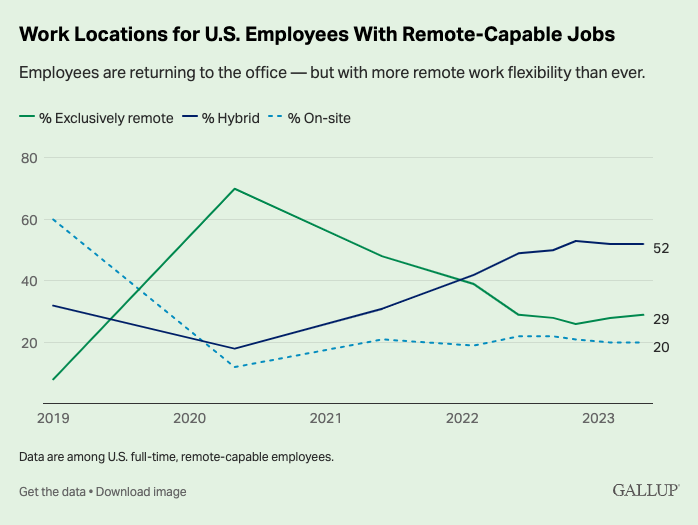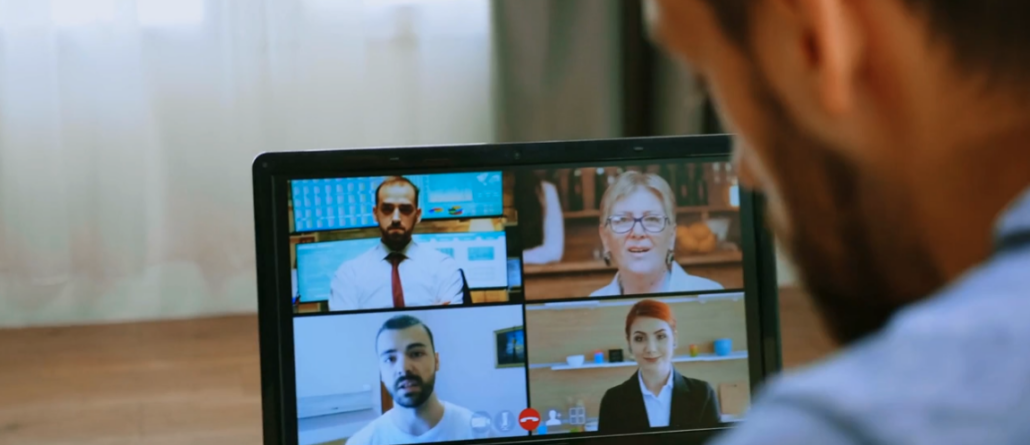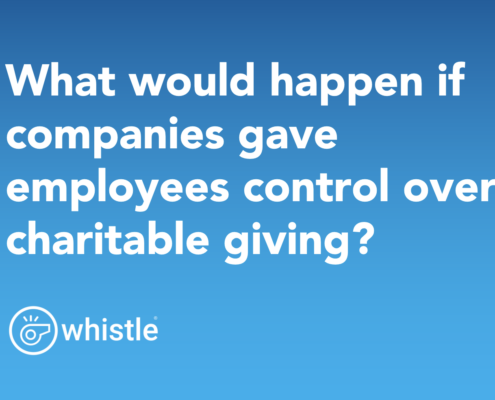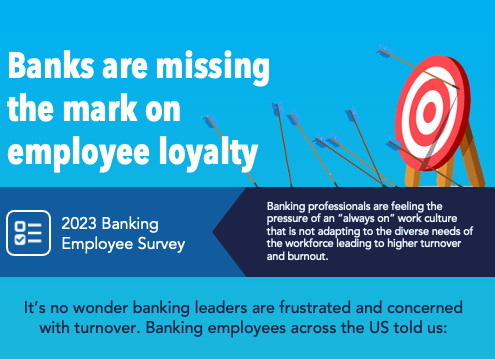Building Great Cultures in a Post-Pandemic Era of Hybrid Work and Rapidly Changing Technology
It’s time to update our approach to culture
The COVID-19 pandemic dramatically reshaped the way we work and accelerated trends already in motion. Two of these trends in particular have impacted company culture, the widespread adoption of remote and hybrid work arrangements and the rapid advancement of technology.
While these changes have brought about numerous benefits, they’ve also presented new challenges in creating and maintaining great workplace cultures. In this blog post, we’ll explore how these shifts are reshaping the culture-building landscape and offer insights into how organizations can adapt to thrive in this post-pandemic world.
The Rise of Remote and Hybrid Work
One of the most significant changes stemming from the pandemic has been the mass migration to remote work. To curb the virus’s spread, organizations worldwide shifted their employees out of offices and into their homes. Remote work became more than a convenience but a necessity and demonstrated that the majority of work could be done remotely.

Now, as we transition into the post-pandemic world, remote and hybrid work arrangements appear to be a permanent part of life for most employees. Recent data from Gallup reports that 80% of employees are still working remotely part or full time and although 20% report working full time on-site, less than 10% of employees want to work in the office full time. While this shift has brought flexibility, it has also posed new challenges to building and maintaining great cultures.
Cultural Fragmentation: In a remote or hybrid work environment, employees are physically separated. This can lead to a sense of cultural fragmentation, where different teams or individuals feel disconnected from the overarching company culture. To address this, organizations must invest in tools and strategies that bridge the gap, fostering a sense of togetherness and shared values.
Communication Challenges: Effective communication is the cornerstone of a strong workplace culture. Remote work can make it harder to maintain open and frequent communication, potentially leading to misunderstandings or feelings of isolation. Employers need to prioritize clear and consistent communication, leveraging technology to facilitate it.
Balancing Flexibility and Accountability: Remote work often grants employees more flexibility, but it can be a double-edged sword. Maintaining a culture of accountability is crucial, as the lack of physical presence can sometimes lead to distractions or disengagement. Organizations must find a balance between flexibility and accountability to foster a positive culture.
The Role of Technology
The rapid advancement of technology, driven in part by the demands of remote work, has transformed the way we operate in the post-pandemic world. While technology has enabled productivity gains over the past several decades, it also brings its own set of challenges to building great cultures.
Digital Overload: With remote work, employees are often inundated with digital communication, from emails to video conferences and instant messages. This constant connectivity can lead to digital overload and burnout. To build a great culture, organizations must encourage employees to disconnect when needed and find a balance between work and personal life. At Whistle we implemented specific times during the week for focused work to minimize distractions.
Tech-Driven Isolation: While technology connects us digitally, it can also contribute to feelings of isolation and detachment. The absence of in-person interactions can hinder relationship-building and team cohesion. Companies should invest in strategies that encourage in person and virtual team building.
Privacy and Security Concerns: The use of technology raises privacy and security concerns; especially as remote work involves sharing sensitive information through various digital channels. Ensuring the safety and security of data is paramount in maintaining a strong organizational culture.
Adapting to the New Normal
Navigating the challenges of remote and hybrid work experiences and the impact of advancing technology is no small feat. However, organizations can adapt and even thrive in this new landscape by adopting several key strategies:
Cultivate a Culture of Flexibility: Recognize that one size does not fit all. Some employees thrive in a remote environment, while others may prefer a hybrid model or full-time office work. Flexibility and choice empower employees to work in the way that suits them best while respecting their life outside of work.
Invest in Employee Well-being: Prioritize employee well-being by promoting work-life balance and providing resources for wellness that can fit the needs of different lifestyles. At Whistle we implemented a monthly “wellness budget” to encourage employees to invest in their well-being. This sends a clear message that the organization cares about its employees’ happiness and health.
Enhance Digital Literacy and Skills: To address the challenges posed by technology and the acceleration of technological change, organizations should invest more in digital literacy skills. This empowers employees to make the most of the available technology and demonstrates that the company is invested in the employee’s growth.
Enable Connection Opportunities: To combat feelings of isolation and fragmentation, schedule regular virtual team-building activities, social events, mentoring sessions and check-ins. Encourage cross-functional collaboration and open channels for informal communication. At Whistle we provide employees a “culture budget” with the expectation that they will organize activities with other employees and build connection as they see fit.
Lead by Example: Leaders play a critical role in shaping company culture. They must model the behaviors they want to see in their employees, including work-life balance, taking time to build connections, effective communication, and the responsible use of technology.
Conclusion
As we adapt to the post-pandemic world, the way we work and the tools we use continue to evolve. Navigating these changes to build and maintain great cultures requires an intentional and proactive approach. Organizations that are intentional about building culture and not just support but empower teams to take responsibility of the employee experience, will be better equipped to thrive in this new normal. By fostering a culture that values its people and their individual needs, companies can rise above the challenges posed by remote work and technology and create a truly great workplace culture for the future.



















